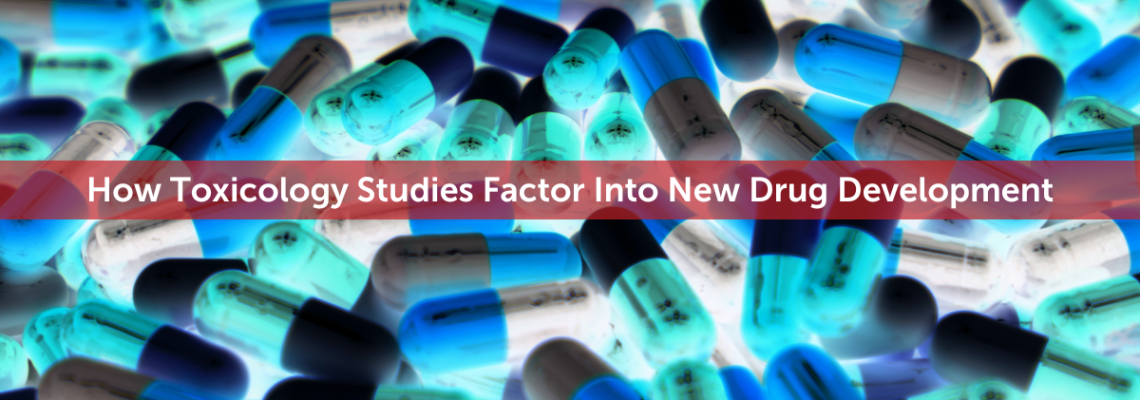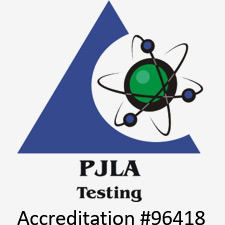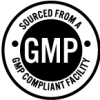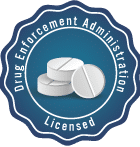Toxicology studies are crucial for ensuring that drug development prioritizes safety by identifying risks early. These studies evaluate how substances interact with biological systems, guiding decisions that refine a drug’s formulation and its testing pathways. Here’s a closer look at their role in shaping pharmaceutical innovations.
The Foundation of Drug Safety
Toxicology studies in drug development are integral to understanding and mitigating the risks associated with new drug candidates. These studies help pharmaceutical companies ensure that only the safest and most effective compounds advance to human clinical trials. By identifying potentially harmful effects early, toxicology assessments safeguard patient health and optimize resource allocation during drug development.
Early Role in Drug Discovery
- Screening for Safety: Toxicology studies identify compounds with adverse effects, eliminating them from further consideration.
- Refining Drug Candidates: Data from toxicity tests guide the optimization of chemical structures to reduce undesirable properties.
- Minimizing Costs: Early identification of toxic compounds reduces the likelihood of late-stage failures, saving valuable time and resources.
Types of Toxicology Studies
The types of toxicity studies performed vary based on the drug’s development stage, providing a comprehensive safety profile:
1. General Toxicology
- Target Organ Effects: Identifying organs most vulnerable to potential damage.
- Dose Ranges: Determining safe exposure levels and reversibility of adverse effects.
2. Acute Toxicity
- Immediate Adverse Reactions: Such as organ failure or systemic toxicity.
- LD50 Values: The lethal dose that kills 50% of a test population, a critical safety benchmark.
3. Safety Pharmacology
- Cardiovascular and Respiratory Systems: Identifying arrhythmias or respiratory depression risks.
- Central Nervous System: Evaluating potential impacts on behavior, cognition, and motor functions.
4. Chronic and Repeated Dose Toxicity
- Cumulative Toxicity Risks: From prolonged exposure.
- Tolerance Levels: Indicating how the body adapts or reacts over time.
5. Specialized Toxicology
- Carcinogenicity: Assessing cancer-causing potential.
- Genotoxicity: Evaluating DNA damage risks.
- Reproductive and Developmental Toxicity: Ensuring safety for pregnancy and fetal development.
Regulatory Significance
Toxicology studies provide essential data for submissions to regulatory agencies like the U.S. Food and Drug Administration (FDA) and the European Medicines Agency (EMA). Adherence to Good Laboratory Practice (GLP) is mandatory to ensure:
- Credible Study Designs: Using validated methods and relevant animal models.
- Detailed Documentation: Enabling thorough data analysis and reproducibility.
- Regulatory Compliance: Meeting global standards for market approval.
Impact on Drug Development
Toxicology studies influence drug development in multiple ways:
- Go/No-Go Decisions: Results from early toxicity tests determine whether a drug candidate progresses or is shelved.
- Clinical Trial Planning
- Starting Dose: For human trials based on safe margins from animal studies.
- Monitoring Parameters: For detecting side effects during trials.
- Risk-Benefit Analysis: By balancing therapeutic benefits against potential side effects, toxicology data guides clinical and regulatory decision-making.
Innovations in Toxicology
Advancements in toxicology aim to improve efficiency and reduce reliance on animal models:
- In Silico Models: Using computational methods to predict toxic effects.
- In Vitro Systems: Employing cell cultures for detailed toxicity testing.
- High-Throughput Screening: Rapidly assessing numerous compounds for safety.
Explore Our Expertise at Jordi Labs
Toxicology studies are the bedrock of drug safety, ensuring that new treatments are both effective and safe for human use. They guide critical decisions throughout drug development, from early screening to regulatory approval. As innovations in toxicology continue to evolve, the field is poised to further enhance the safety and efficiency of drug discovery. By combining traditional methods with modern technologies, toxicology services are shaping a future where effective treatments reach patients faster and more safely.
Partner with Jordi Labs for expert toxicology services that ensure your drug’s safety and regulatory success. Our team provides tailored assessments, advanced testing, and regulatory compliance to support every development phase. Contact us today to discuss how we can accelerate your drug development journey.





